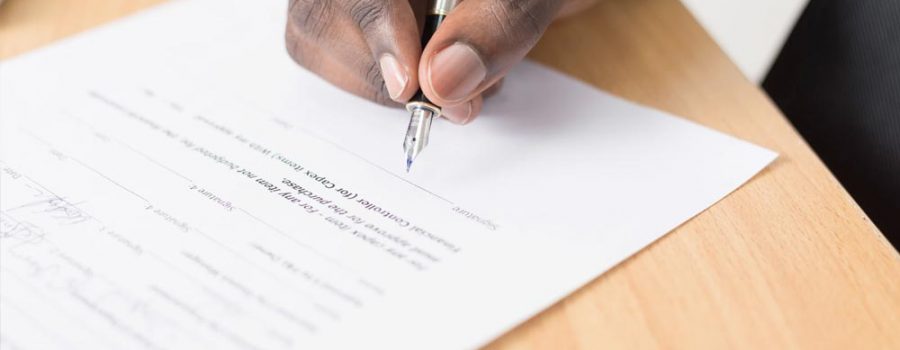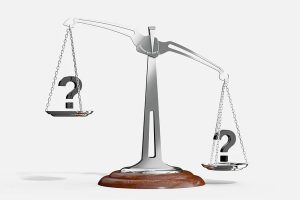Judgment proof assets are the perfect defense to any legal debt collection. When the legal process has run its course a successful plaintiff is awarded a judgment for a fixed amount of money. The prevailing plaintiff may now bring the defendant debtor into court to be examined as to his ability to pay. The debtor can be put under oath and questioned as to his income and assets. The judge will then determine how much of the left over assets can be applied to the judgment after allowing for necessary living expenses and statutory exemptions. An order may then be entered for garnishment of a lump sum and/or monthly payments from the debtor’s bank accounts or pay check.
Income Protected by Law
Judgment proof assets protected by federal law include social security benefits, pensions, disability benefits, VA benefits and $217.50 per week net in wages. Income from these sources can be spent any way the beneficiary wants without answering to anyone.
Another benefit of great interest to those with judgment proof assets is the fact that IRS collections can easily be stopped with a “Currently Not Collectible” status if your only assets are judgment proof assets. Income driven repayment for student loans may easily be achieved as well, frequently amounting to zero.
Many debt counselors cause seniors unnecessary grief by not informing them that there is no need to use retirement money to pay off old debt. There is no need for most seniors to have to keep an RV, auto or timeshare they cannot afford. Don’t believe untrained sketchy debt counselors who say otherwise.
Creditor’s Rights on Judgment Proof Assets
Be aware that creditors have rights when they choose to pursue debtors they have reason to suspect are being less than candid about their financial status. Some debtors may have transferred or hidden assets in anticipation of the possibility of losing them through the legal process. Persistent hard nosed lawyers may be looking to see if you work “under the table” and hide assets that way. In the average case it is simply not worth the time expenditure to go all out on every debtor’s asset examination. Particularly when it comes to seniors or disabled people the creditor has to be careful not to cross the line into unreasonable harassment.
Vulnerable people frequently become nervous and agitated when confronted with pressure in the form of court subpoenas. It is up to those who are trusted family friends or professional confidants to reassure them that they can stand on their legal rights without fear or embarrassment. Judges will protect them from the kind of hard nosed cross examination lawyers inflict on child support skips, drunk drivers and others who have exhibited slippery behavior on payments.
Those who have a good percentage of their portfolio in the form of judgment proof assets should be particularly reluctant to resist the temptation to file bankruptcy. Creditor’s annoying calls can be stopped through a simple “cease and desist” letter.
“Dear Larry, Moe and Curly Collection Agency:
I hereby insist that you forthwith cease and desist from continuing to call, write or otherwise communicate with me regarding your attempts to collect an alleged debt claimed by Dr Bonecrusher’s Underwater Zero Gravity Chiropractic Center for services they claim to have performed on my behalf.”
Be wary of bankruptcy attorneys who are only too ready to accept a fee for their services. To a hammer everything always looks like a nail. In many cases involving those with judgment proof assets bankruptcy is a cure worse than the disease. Get second and third opinions from a disinterested professional and friends if bankruptcy is recommended or seems tempting.
Isolating Judgment Proof Assets
Judgment proof assets are best protected by isolating them from other assets a debtor may have. Do not co-mingle your social security or other judgment proof assets income with savings you may have accumulated during your working years. It is best to have your judgment proof assets paid into their own separate account. Otherwise it will become difficult to separate which assets are which should your case come down to the worst case scenario involving vigorous cross examination of you as to the source of your income and assets.
Federal law requires banks to protect an amount equal to twice the monthly protected deposit. If you mingle other money with your protected money a judge would have to sort out and separate the protected money if worse came to worse. Ordinary unprotected income should be kept in a separate account rather than mixing it with social security or other protected income.




